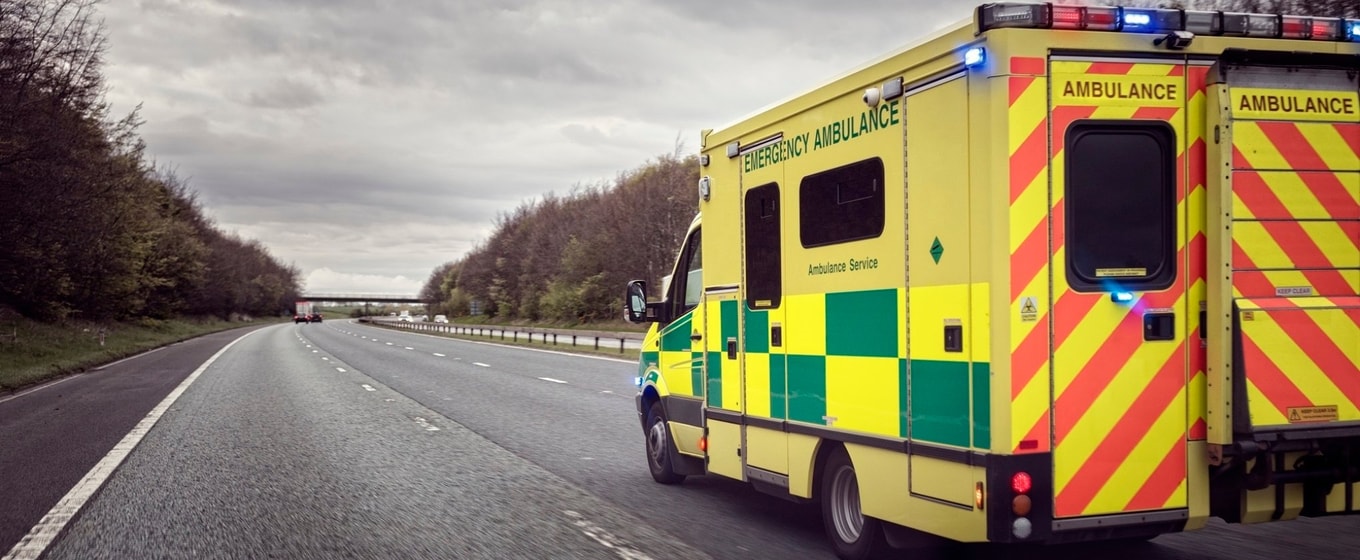Key workers or frontline staff are employees who provide an essential service or key public service. The term has been used in many recent government announcements as officials introduce new measures to stop the spread of coronavirus in the UK.
UK Government's definition of a key worker
The UK Government has defined 'key workers' as those who are critical to the Covid-19 response or delivering essential public services within the UK, such as those who are at the frontline of health and social care.
Key workers & provisions for their children
In the wake of school closures, the Government has announced that schools and nurseries should continue to make provisions to care for the children of key workers if they can not be looked after at home. This is so that key workers can continue to provide essential goods and frontline services in the response to the pandemic.
As such, schools and nurseries have been told to prioritise the children of key workers for schooling. The current rule is that children can continue to attend school if one parent is classed as a key worker.
Who is a key worker?
There is an official list of key workers, as published by The Department of Education, outlining the support and specialist staff who are crucial to the UK's Covid-19 response. The list currently includes, but isn't limited to, the following critical sectors:
Health and social care: such as doctors, nurses, midwives, paramedics and social workers.
Education and childcare: such as those in the social care sector, teachers, and specialist education professionals.
Key public services: such as journalists, those working in the justice system, religious staff or charity staff.
Local and national government: such as those working in the payment of benefits, the delivery of and response to the EU transition, and certification of goods.
Food and goods provisions: such as workers in the food production and distribution supply chain, as well as those in sales and delivery. This also includes those who work in the production of hygiene and medical goods.
Public safety and national security: such as the police, Ministry of Defence civilians, armed forces, fire service employees, security, prison and probation staff.
Transport: such as workers in the air, water, road and rail transport systems.
Utilities, communications and key financial services: such as workers needed for essential finance provisions, telecommunications, oil, gas or electricity suppliers, postal and delivery services, waste disposal and more.
What to do if you think you are a key worker
Your manager should have clarified if you are a key worker and need to continue going to work.
If you are still unsure of whether you count as a key worker or not, it's vital to check with your employer if your role is necessary for the continuation of an essential public service.
The Government is continuing to review the situation and provide further clarity on how to work safely if you are a key worker. For example, construction workers have been told to continue working, but stay at least two meters apart, and tradespeople, cleaners and nannies are permitted to work in people's homes with safety measures in place. You can keep up with the latest government guidance here.
Enjoyed this article?
If you're a business owner, you can sign up to our Member Marketplace for free below and we’ll send you a monthly email with our latest articles directly to your inbox. Plus, you'll get free lifetime access to a selection of discounts on industry-leading tools and services to help you run your business. At the moment, we’ve got offers on accounting packages, legal advice, security services for your premises, business coaching and even money off on stationery for the office, with more discounts being added each month.
Or, if you want to learn more about Fleximize and our award-winning business loans, take a look at our unsecured and secure loan product pages.






These cookies are set by a range of social media services that we have added to the site to enable you to share our content with your friends and networks. They are capable of tracking your browser across other sites and building up a profile of your interests. This may impact the content and messages you see on other websites you visit.
If you do not allow these cookies you may not be able to use or see these sharing tools.